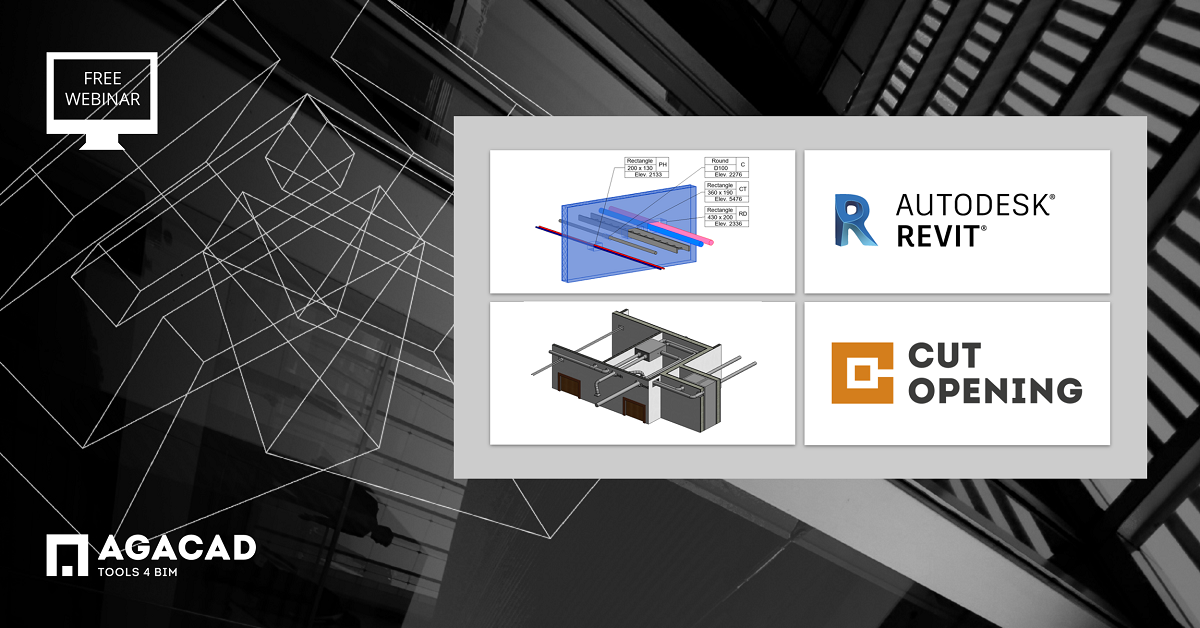Revit Trim Intersecting Roofs

Use it to extend the dormer roof to the main roof.
Revit trim intersecting roofs. With the overlapping roof faces in top plan view select the roof faces and use the modify convert copy to lines command and choose hidden line as the rendering option. Select the slab or roof slab to be trimmed. This tool is located in the modify tab. You can join a roof to the top face of another roof and the wall below that roof if you select the wall as the target.
Then you can trim the roof faces to this line. The bad thing about extruded roofs is the fact you can t follow along with the footprint of your building the good thing is we can do something about that the objective of this video is to go to the plan view we will then create a void where our walls jag in and out this is going to allow revit to cut the roof properly in plan to get started jump into your revit roofs. Another option occurring in the roof properties is whether the roof is set to be a truss or rafter. You can join roofs to other roofs or walls or unjoin them if they were previously joined.
Use join unjoin roof tool. Voila the opening is cut and the intersection between the roofs is tidy even if the roof pitches differ which doesn t happen with shaft vertical openings and if you modify your main roof or intersecting roof the cut will update. You cannot join a roof to more than one top face of another roof. Any fascia or soffit profile that intersects the trim plane is trimmed at the same angle as the slab or roof slab.
Truss or rafter now that we have used our pick walls tool with a 2 0 overhang let s explore it s bearing point. You end up with a group of lines showing the outline of the roof plus the intersecting line between the roof faces. 9 join roofs add opening to create dormer. This is a general.
The new edge at the trim plane has its edge angle defined by the trim plane. If the trimming object is a wall or a slab the trim plane is at the closest surface.


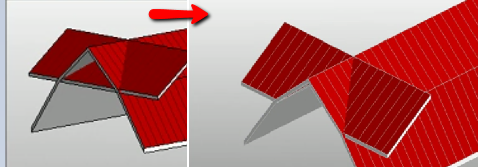


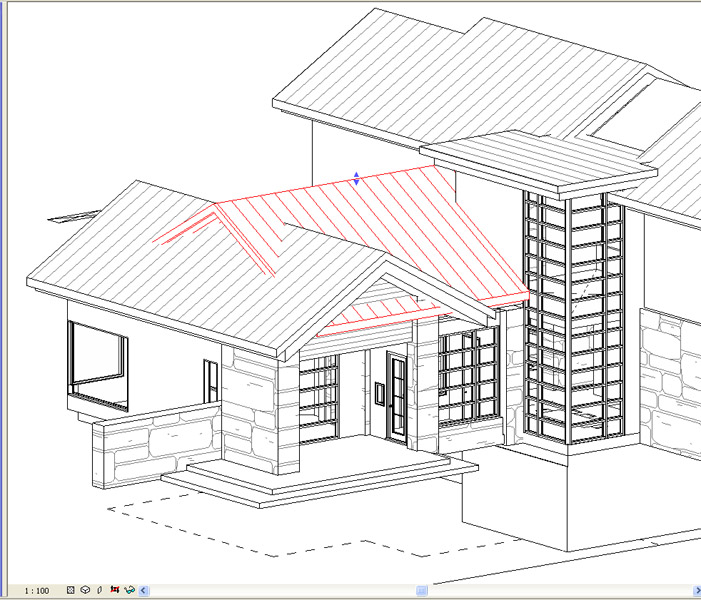

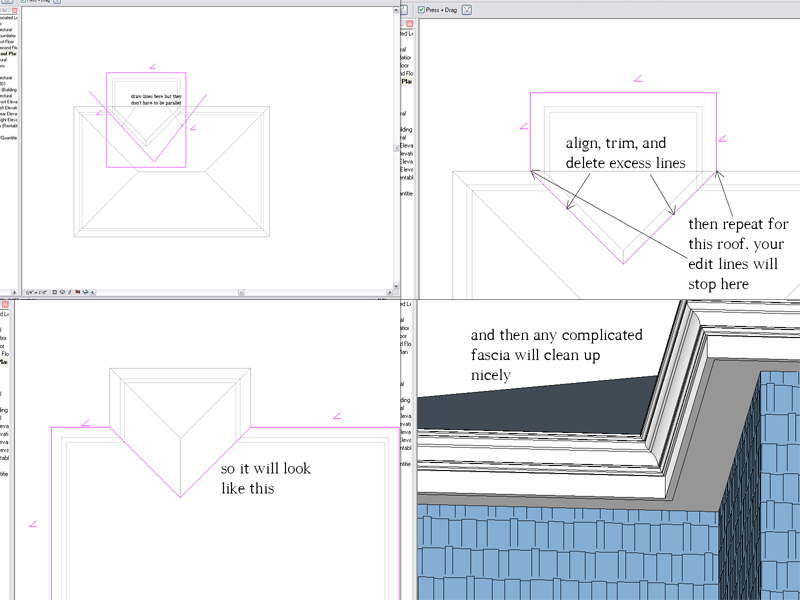





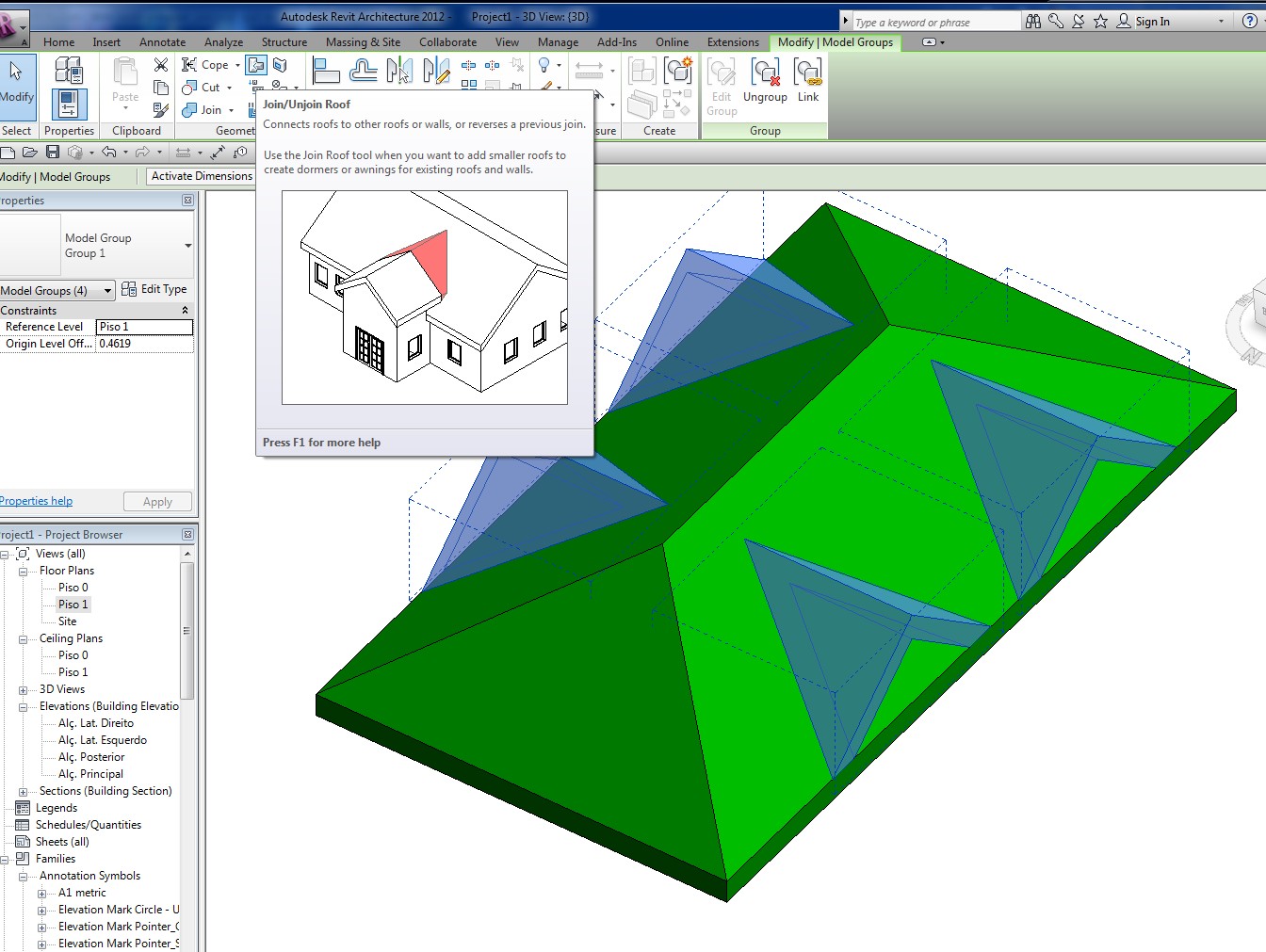





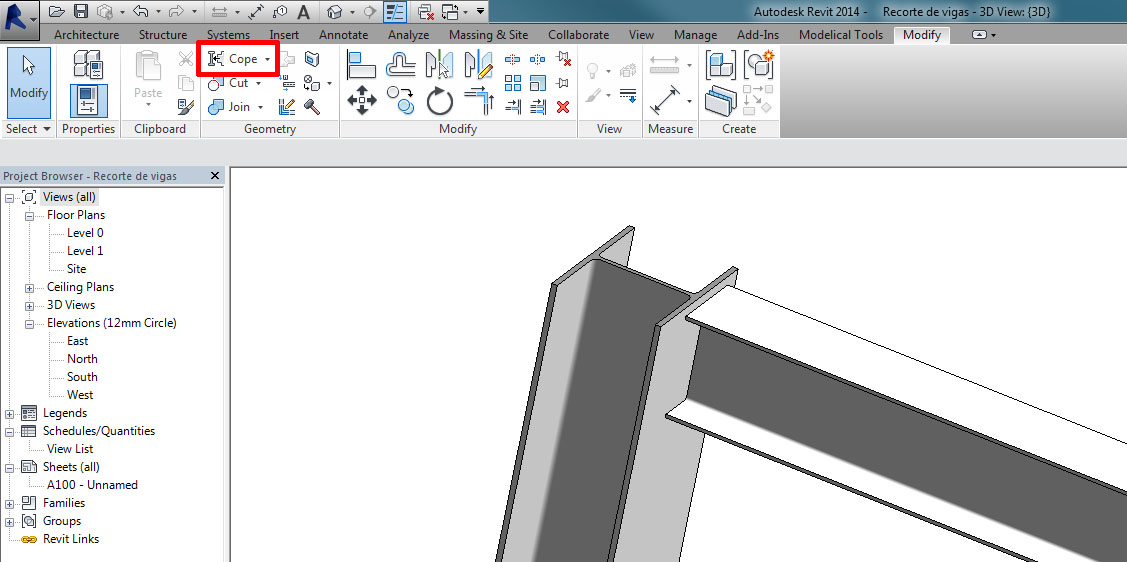

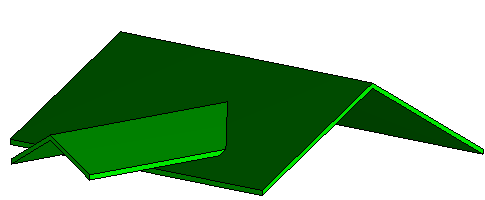





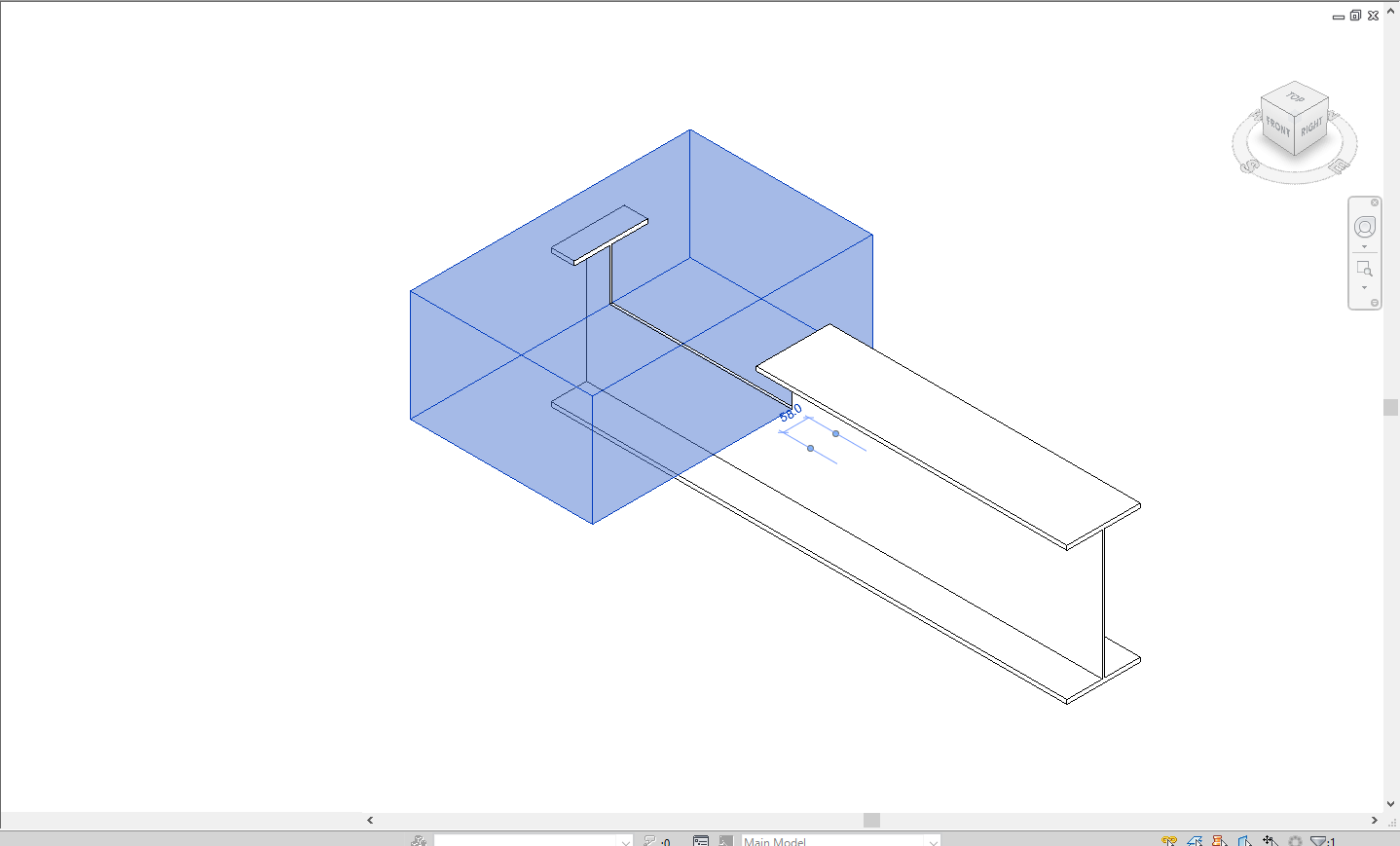










.png)



